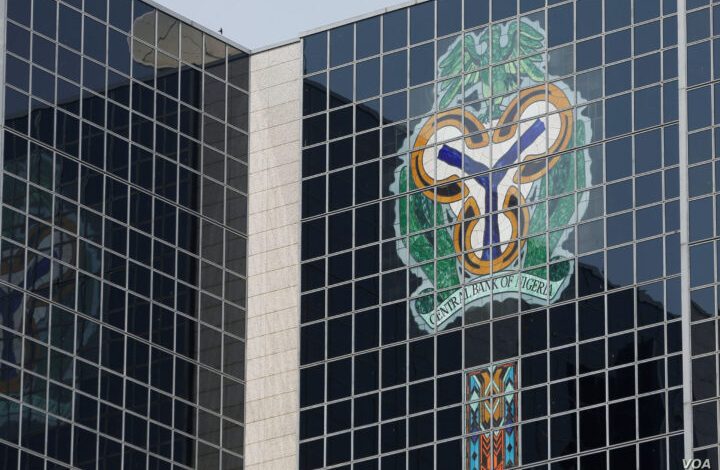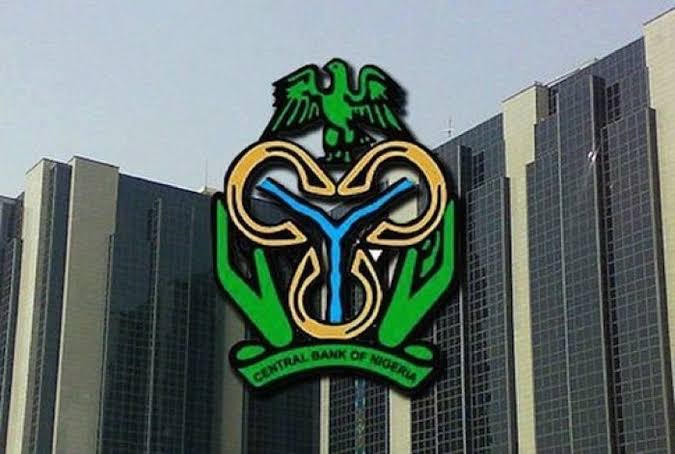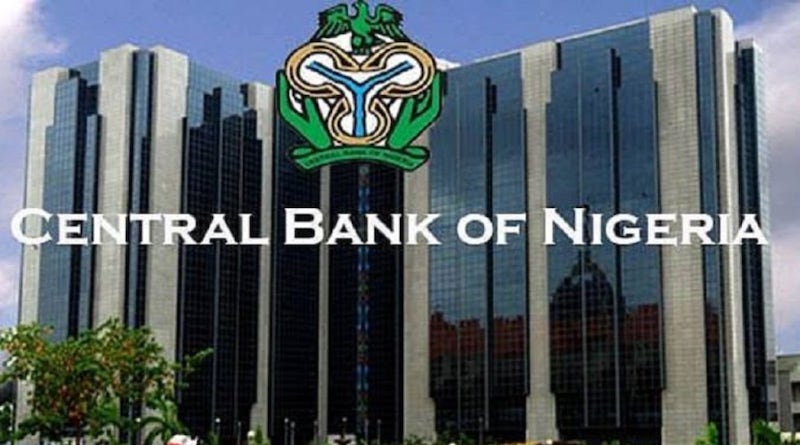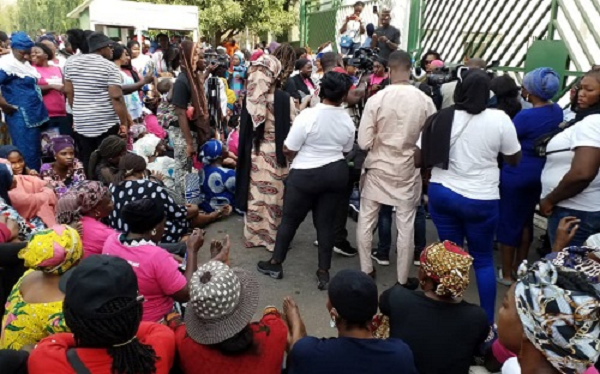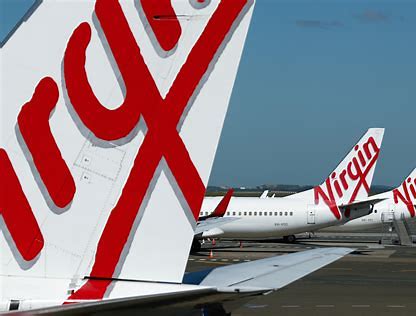The Nigerian Autonomous Foreign Exchange Market increased to N15.74tn ($9.90bn) in August 2024, an FMDQ report has stated.
This came as the Central Bank of Nigeria revealed that foreign inflow into the country increased to $585m in the same month.
Also, at the official market on Tuesday, the value of the naira dropped to N1,658 against the United States dollar from the N1,659 it sold on Monday while black market sellers sold at the rate of N1,670.
The CBN said the impressive turnover via the Nigerian Autonomous Foreign Exchange Market represents a significant month-on-month increase of 33.88 per cent, equating to an additional N2.51tn from July 2024’s turnover of N13.23tn ($7.39bn). value of foreign exchange turnover via the Nigerian Autonomous Foreign Exchange Market increased to N15.74tn ($9.90bn) in August 2024, an FMDQ report has stated.
This came as the Central Bank of Nigeria revealed that foreign inflow into the country increased to $585m in the same month.
Also, at the official market on Tuesday, the value of the naira dropped by N1 to N1658 against the United States dollar from the N1,659 it sold on Monday while black market sellers sold at the rate of N1,700.
The CBN said the impressive turnover via the Nigerian Autonomous Foreign Exchange Market represents a significant month-on-month increase of 33.88 per cent, equating to an additional N2.51tn from July 2024’s turnover of N13.23tn ($7.39bn).
This surge reflects heightened trading activity and investor engagement in the foreign exchange market.
Commercial banks, CBN, and international oil firms are the major sellers of forex at NAFEM.
According to the financial markets monthly report for August published by the FMDQ and obtained by our correspondent on Tuesday, the increase in turnover was driven by the increase in T.bills, OMO Bills, and FGN Bonds transactions, while transactions in other bonds recorded a MoM decrease of 18.43per cent (N10bn).
Despite this increase, the naira experienced continued depreciation, contributing to increased exchange rate volatility.
The report read, “Spot FX market turnover was $9.90bn (N15.74tn) in August 2024, representing a 33.88 per cent ($2.51bn) MoM increase from the turnover recorded in July 2024 ($7.39bn).”
It also stated that total secondary market turnover on FMDQ Exchange was N40.43tn, which represents a MoM increase of 31.97 per cent (N9.79) and a YoY increase of 128.57 per cent ( 22.74tn) from July 2024 and August 2023 figures, respectively.”
The FMDQ added that foreign Exchange and Money Market transactions dominated secondary market activity, jointly accounting for 69.98 per cent of the total secondary market turnover in August 2024.
In August, the naira traded within a range of 1,543.84 to N1,617.08, indicating heightened fluctuations compared to the previous month’s range of 1,500.32 to N1,621.12.
It said the average spot exchange rate rose by 1.68 per cent (N26.24) to close at N1,586.56, compared to N1,560.32 in July.
“In the FX Market, the Naira depreciated against the US Dollar, with the spot exchange rate increasing by 1.68 per cent ($/N26.24) to close at an average of $/ N1,586.56 in August 2024 from $/N1,560.32 recorded in July 2024.
“Further, exchange rate volatility increased in August 2024 as the Naira traded within an exchange rate range of $/N1,543.84 – $/N1,617.08 compared to $/N1,500.32 – $/N1,621.12 recorded in July 2024.”
This increased volatility underscores the challenges facing the Naira amidst ongoing economic pressures, including inflation and shifts in global market dynamics.
Last month, the Central Bank of Nigeria auctioned $876.26m to end users through 26 commercial banks in its latest effort to strengthen the ailing Naira.
This policy led to a temporary appreciation of the Naira against the US Dollar, with the exchange rate adjusting to N1,596.52/$ from N1,601/$.
The auction sold about $876.26m, aimed at alleviating rising demand pressures in the forex market and promoting price discovery.
The sales report highlighted that businesses in the manufacturing sector benefited significantly from the auction, securing dollars for importing spare parts, industrial raw materials, plain paper, pharmaceutical products, and equipment for breweries.
At the official market on Tuesday, the value of the naira dropped by N1 to N1658 against the United States dollar from the N1,659 it sold on Monday while black market sellers sold at the rate of N1,700.
Meanwhile, the CBN Governor, Olayemi Cardoso, has stated that the value of naira against international currencies cannot increase if the fundamentals of forex expenses are not addressed.
Cardoso, speaking at a press briefing at the end of the 297th Monetary Policy Committee meeting, revealed that Nigeria’s external reserves have increased yet again, reaching $39.07bn as of September 19, 2024.
He said since the strategy of the apex bank is to unlock as many diversified sources as possible into the foreign exchange section, it is not enough and can never replace the fundamentals.
He said, “The external reserve stood at US$39.07bn as at 19th September 2024 an increase of 17.4 per cent compared with US$33.28bn in the corresponding period of 2023. This represents 8 months of import cover for goods and services and 13 months of imports of goods only.”
“As of August, inflow from remittances was $585m and this is a big deal as it is 130 per cent for the corresponding period last year. These figures didn’t drop from the ceiling but our deliberate and calculated effort. We recognised that certain things were not happening. We liberalised the IMTOs and encouraged them to open accounts in naira and we are normally dealing with them regularly and this has incredibly paid off.
“But on the naira, I must tell you that since the strategy of the central bank is to unlock as many diversified sources. it is not enough and can never replace the fundamentals.”
The central bank governor further explained that as long as the country operates on a monolithic economy, achieving a strong exchange rate “that we all so desire” would continue to be hampered.
“Non-oil exports must also increase. Having an exchange rate that we all so desire will continue to be hampered. We need to diversify our economy to boost the naira. We may like to think or dream it can, but it can’t. Until the fundamentals are fixed and in place, you will continue to sub-optimise,”
“Oil production has got to be ramped up to the level that will carry the economy. I think we are all ongoing witnesses to the efforts that are being made in that sector. It has to happen. I spoke about the sad situation that we as Nigerians face today whereby we are a monolithic economy.
“We need to diversify our economy. There is so much that a central bank can do. Without the fundamentals in the right position, we will continue to sub- optimiser,” Cardoso added.
The CBN governor said Nigerians must find ways to achieve import substitution.
“It can not just be about import and we must be able to calibrate accordingly our taste for foreign goods,” Cardoso said.
“These are all things that will determine essentially where we settle in respect to our foreign exchange rate.”
He said the central bank is determined to play its part in ensuring that the market operates efficiently while warning that the apex bank is ready to penalise “those who play the market”.
